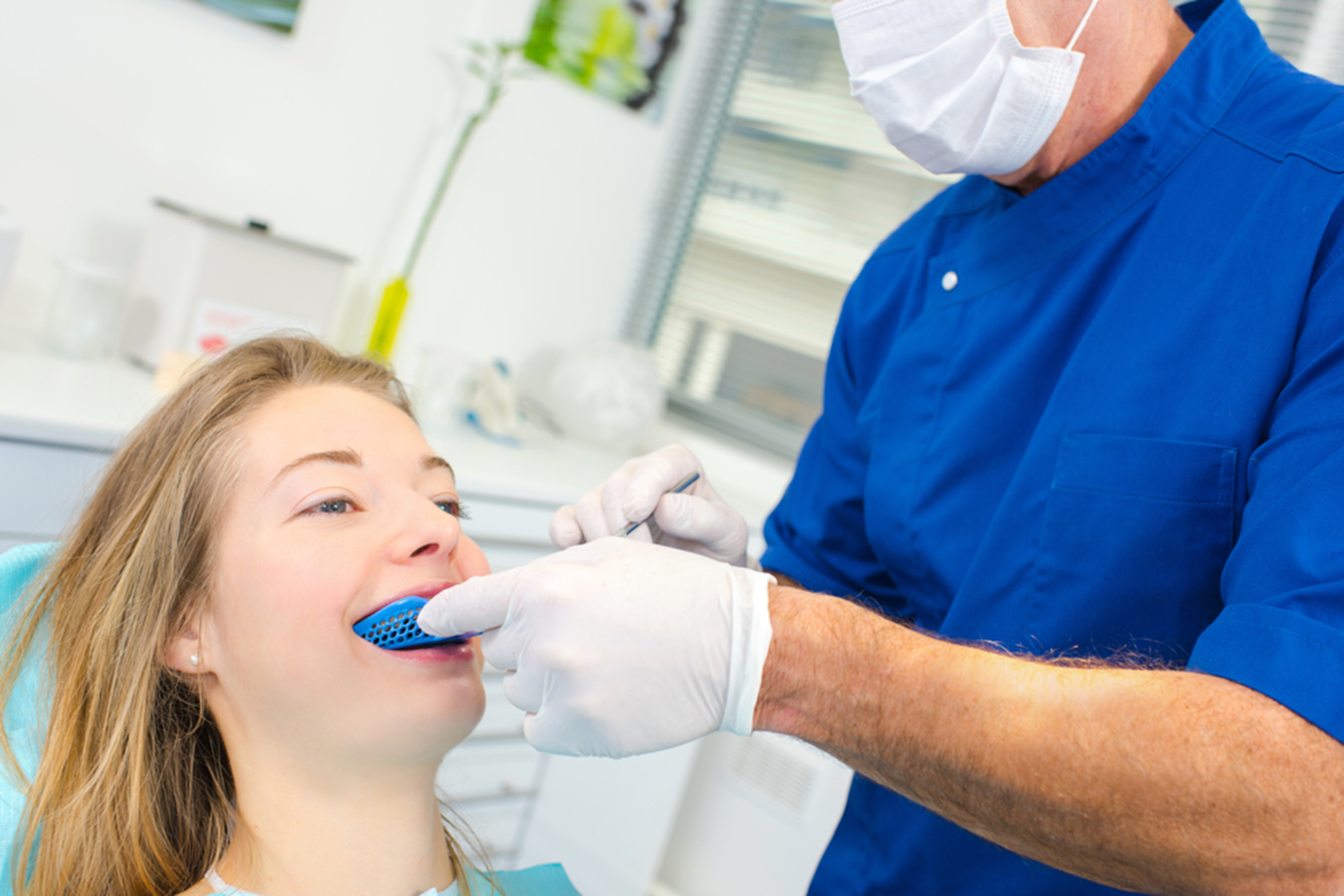Mouth guards are covers worn over teeth to protect them from injury and grinding. There are different types of guards, and each can be used for a specific reason. Our Yaletown dentist can help determine which type will work best for your dental situation. Many can cover the upper and lower teeth, but they typically fit over the upper part of your smile. Taking good care of these devices is important to ensure they remain durable and properly protect your teeth.
A major part of taking care of mouthguards is cleaning them regularly. Discoloration and stains on the surface of a mouthguard are not uncommon. Many patients are unsure how to keep their devices in good condition. Over time, leaving saliva on your mouth guard can contribute to discoloration and the accumulation of germs. This can negatively affect the patient’s oral health.
Maintaining good oral health is essential to follow a good hygiene routine and actively caring for your mouthguard to avoid plaque and bacteria buildup.
Why Is Cleaning Your Mouthguard Important?
After your mouthguard service in Yaletown, there are a few steps you will need to follow to ensure the device is properly used and stored. By cleaning it frequently and correctly, you minimize the bacteria that will form in its grooves.
Not cleaning your mouthguard frequently will also strongly affect its durability. Poor maintenance will shorten its life expectancy and may need constant replacement. Frequent replacements may mean more visits to the dentist and additional costs that many patients prefer to avoid.
How To Clean Your Mouthguard
Having a clear mouthguard maintenance routine is highly important. To ensure you are caring for your mouthguard the right way, follow the steps below:
1) Cleaning
Gently brush your mouthguard after it is used to remove any saliva transferred onto its surface. Do not use aggressive products with harsh ingredients that may damage them; instead, opt for baking soda with water or organic toothpaste. Aim to do this after every use. Follow this step by rinsing and drying.
If you need help deciding which products to use for cleaning, consult with our Yaletown dentist and ask for product suggestions. Some patients may also soak the mouthguard in an antiseptic solution to keep it clean.
2) Keep It Dry
Try to keep your mouthguard dry when storing it. After rinsing it, dry it off using a soft cloth. Additional moisture will encourage bacteria to build up and accumulate.
3) Store it Correctly
Our dentist will give you a case to store your mouthguard in. This will help prevent the guard from coming into contact with additional dirt and debris and will be easier to keep track of.
4) Replace It If You Notice Any Damage
If your mouthguard is worn out or discoloured, it may be time to replace it. Some patients may notice yellow and black spots on their guard, and if this is the case, we recommend acquiring a new one. The spots could be spores that are dangerous for oral and general health. Patients may be able to clean these if they are not severe, but it is best to contact our Yaletown dentist to ensure you are not putting your oral health in danger.
Are you looking for a reliable mouth guard service near you? Look no further! Abba Dental offers various services to help patients care for their smiles. Contact us today to book your next appointment and speak to one of our dentists about getting mouthguards.
